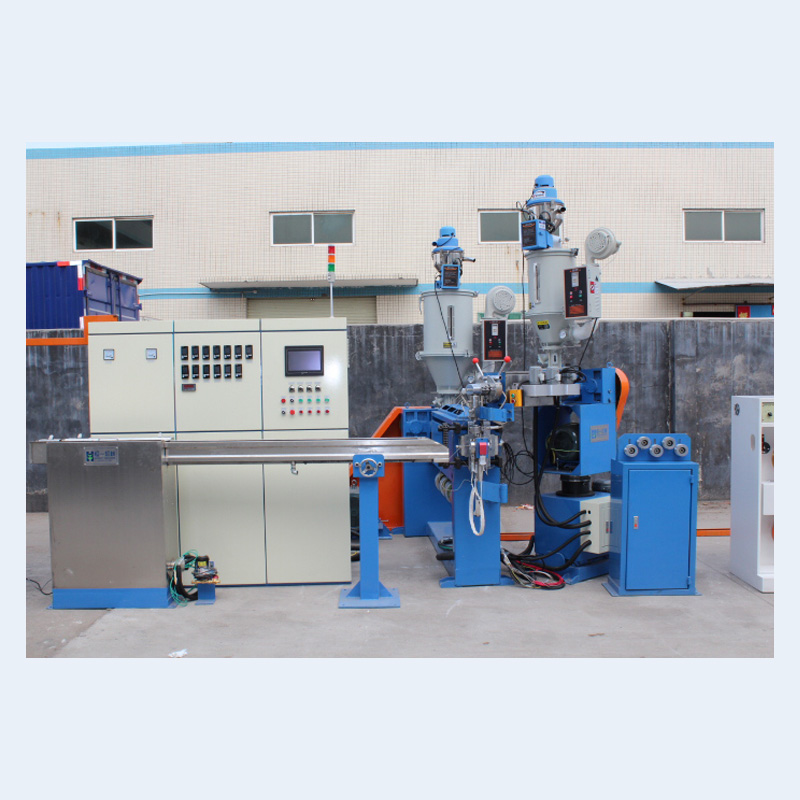Introduction: Embracing Sustainability in Plastic Extruder Technology

Sustainable practices in plastic extruder technology are paving the way for a greener and more responsible approach in the plastic industry. As environmental consciousness grows, manufacturers have started incorporating sustainable practices in their extrusion processes to minimize the impact on the planet. In this article, we will explore the various sustainable practices in plastic extruder technology and their significance in promoting a sustainable future.
1. Energy Efficiency in Plastic Extruder Technology
Energy efficiency is a crucial aspect of sustainable plastic extruder technology. By optimizing energy consumption during the extrusion process, manufacturers can reduce their carbon footprint significantly. This can be achieved by utilizing advanced heating and cooling technologies, such as variable frequency drives (VFDs) and efficient heat exchange systems. These technologies not only minimize energy wastage but also enhance overall productivity and cost-effectiveness.
2. Use of Recycled Materials
Using recycled materials in plastic extrusion is another sustainable practice that is gaining momentum. By utilizing post-consumer or post-industrial plastic waste as feedstock, manufacturers can reduce their dependence on virgin materials and divert plastic waste from landfills. Moreover, the use of recycled materials promotes a circular economy and conserves valuable resources, making it an economically and environmentally viable solution.
3. Implementation of Closed-Loop Systems
Implementing closed-loop systems in plastic extruder technology is a key strategy for achieving sustainability. Closed-loop systems recirculate and reuse process waste, reducing material wastage and minimizing environmental impact. By effectively integrating waste management processes, manufacturers can streamline their operations, minimize costs, and contribute to a more sustainable plastic industry.
4. Development of Biodegradable and Compostable Plastics
Efforts are underway to develop biodegradable and compostable plastics that can replace conventional plastics in certain applications. These sustainable alternatives offer the same functionalities as traditional plastics but are designed to degrade naturally when exposed to appropriate conditions. By adopting these technologies, the plastic extrusion industry can reduce its contribution to plastic pollution and create a more sustainable future.
5. Waste Reduction and Proper Disposal
Minimizing waste generation and ensuring proper disposal is a fundamental aspect of sustainable practices in plastic extrusion. Manufacturers are actively seeking ways to optimize their processes to reduce production waste and emissions. They are also collaborating with waste management facilities to implement efficient recycling and disposal methods for plastic waste. Together, these actions contribute to a circular economy and minimize the environmental impact of plastic extruder technology.
Conclusion: Shaping a Sustainable Future through Plastic Extruder Technology
Sustainable practices in plastic extruder technology have the potential to revolutionize the plastic industry by minimizing its environmental impact. Manufacturers embracing energy efficiency, using recycled materials, implementing closed-loop systems, developing biodegradable alternatives, and reducing waste generation are leading the way towards a greener future. By adopting these practices, the plastic industry can transition to a more sustainable and responsible approach, ensuring a healthier planet for generations to come.

